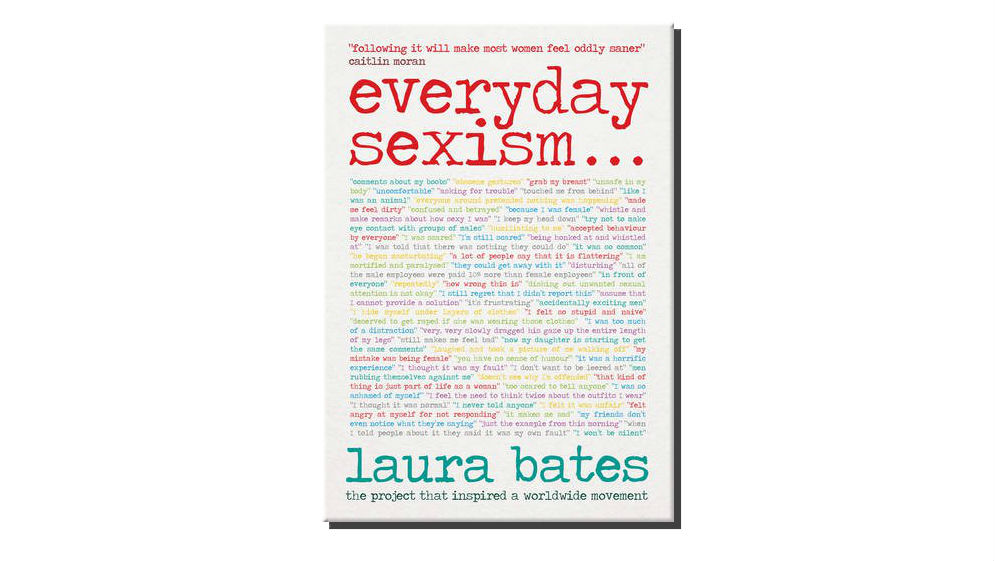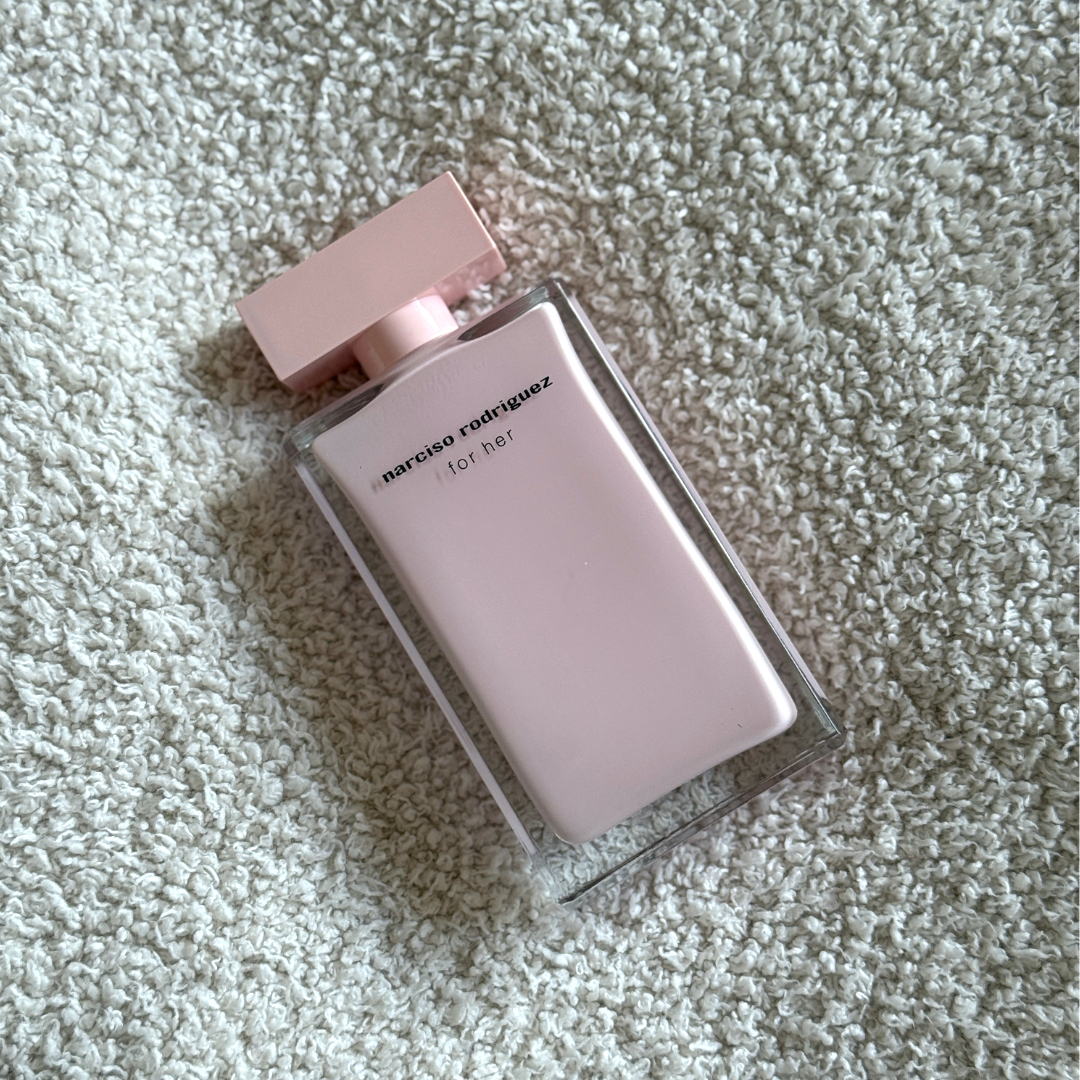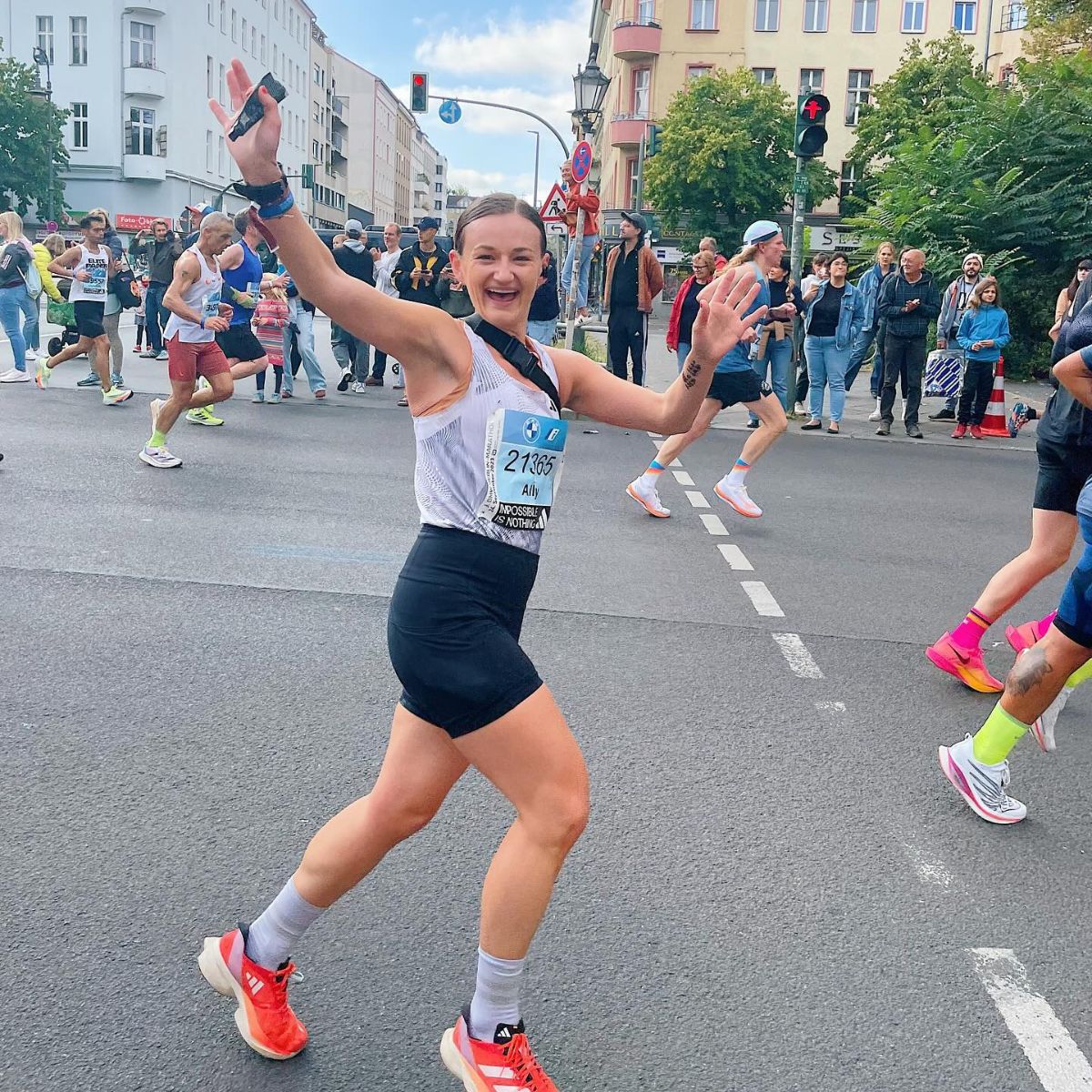Laura Bates: The Shocking Truths I Learnt From The Everyday Sexism Project
She collected stories of sexism from thousands of women for her new book, Everyday Sexism. Here, Laura Bates explains what the project says about society - and what we can do to change it.

She collected stories of sexism from thousands of women for her new book, Everyday Sexism. Here, Laura Bates explains what the project says about society - and what we can do to change it.
Opponents to feminism often argue that gender equality already exists and that sexism is a thing of the past. But Laura Bates knew that wasn't the case - and she made it her mission to prove it. The 26-year-old writer asked women to share their stories of sexism as part of her Everyday Sexism Project and was overwhelmed by the response. She published her findings in her new book Everyday Sexism, which was released today. We caught up with Laura and asked her to share a bit about what she learnt from the project - and here's what she had to say...
What I’ve really learned from running the Everyday Sexism Project over the past two years, is that sexism is far more pervasive, severe and damaging, in the UK and around the world, than I could ever have imagined. The testimonies the project has collected run the full gamut, from harassment in public spaces to workplace discrimination, sexual assault to rape.
What some people struggle to understand, when they dismiss the apparently more ‘minor’ incidents as ‘harmless fun’ or ‘just a bit of banter’ is that they are part of an inter-connected spectrum. The same ideas and attitudes that underlie these smaller incidents are also at the root of the more severe experiences. We see a ‘harmless’ catcall escalate into verbal abuse or sexual assault when the victim tries to ignore it. We hear about women whose rapists mentioned sexist elements of the media such as Page 3 to them during their attack. We see female politicians, working their socks off to compete in a male-dominated environment, undermined again and again by a media that tells us what shoes they were wearing instead of what they said.
It’s all connected.
What has shocked me most has been the stories we’ve received from really young girls – schoolgirls in their school uniform who are experiencing severe harassment, gender inequality and groping. But also shocking is the extent to which so much of this is normalised – the number of women who report trying to speak up, only to be silenced or disbelieved, told they must be overreacting, or that it was their own fault. The social normalisation and acceptability of sexism is still an enormous problem.
In two years, the project has done a lot to raise the profile of this issue in the media, hitting the headlines internationally everywhere from the Times of India to the New York Times. We’ve worked closely with schools, MPs, businesses, police forces and bodies from the Council of Europe to the UN to make sure that our findings are taken offline and used in the real world to effect concrete change. We’ve heard about people who’ve reported harassment and assault for the first time after the project helped them to realise they weren’t alone and weren’t to blame for what was happening. We’ve had incredible messages of support from men who say their eyes have been opened to the problem and they’re ready to get involved in tackling it.
Marie Claire Newsletter
Celebrity news, beauty, fashion advice, and fascinating features, delivered straight to your inbox!
But there is so much more still to do. Feminists in the UK are battling hard on a number of different fronts, from fighting FGM to taking on Page 3 to tackling ‘lad culture’ at university. A diverse range of voices within the feminist movement is putting the importance of intersectionality front and centre, as we recognise that different forms of prejudice like racism, homophobia, transphobia, ageism, classism and ableism, interact and combine with sexism in many cases.
What we need to achieve is a cultural shift away from the normalisation and acceptability of prejudice. We need to tackle the ingrained idea that street harassment is normal, seeing women’s bodies objectified and dehumanised as sales tools is part of the wallpaper, and joking about rape is just ‘a bit of banter.' We need to start stepping up and stepping in. Everybody can play a part – whether it’s talking to young people in your life about these issues, challenging your peers on victim-blaming or using words like ‘slag’ and ‘slut’, making more diverse editorial decisions in the media, standing up when you witness discrimination in the workplace, or stepping in when you see somebody being harassed in the street.
If everybody who groped a woman on the tube or hurled sexual aggression at her in the street was met with a shocked and angry reaction from bystanders and passers-by, then all the usual feelings of shame, embarrassment and guilt that the victim faces would be shifted onto the perpetrator instead. They’d think twice about doing it again. If a woman experiencing sexism in the workplace was backed up by her colleagues when she raised the issue, she could pursue it without the usual terrifying fear of being seen as a ‘troublemaker’ or ‘rocking the boat’. If boys at university stood up to their mates when they made rape jokes, they’d get the message from their own peers that it’s time to move on.
We all have a role to play – and our voices are loudest when we raise them together.
Get £3 off your copy of the book, and be sure to follow Everyday Sexism on Facebook and Twitter.

The leading destination for fashion, beauty, shopping and finger-on-the-pulse views on the latest issues. Marie Claire's travel content helps you delight in discovering new destinations around the globe, offering a unique – and sometimes unchartered – travel experience. From new hotel openings to the destinations tipped to take over our travel calendars, this iconic name has it covered.
-
 Anatomy Of A Wardrobe: TV presenter AJ Odudu is carving out her own lane, one show-stopping look at a time
Anatomy Of A Wardrobe: TV presenter AJ Odudu is carving out her own lane, one show-stopping look at a timeWatch as we take an exclusive look inside AJ's wardrobe
By Lily Russo-Bah
-
 This perfume has been an icon for over 20 years, and for good reason—it’s soft, elegant, and oh so feminine
This perfume has been an icon for over 20 years, and for good reason—it’s soft, elegant, and oh so feminineFeminine but not *too* sweet
By Lucy Abbersteen
-
 Got marathon fever? Trust us: these 12 running accessories will make any distance more manageable
Got marathon fever? Trust us: these 12 running accessories will make any distance more manageableOnce you try these, you won't look back.
By Amelia Yeomans